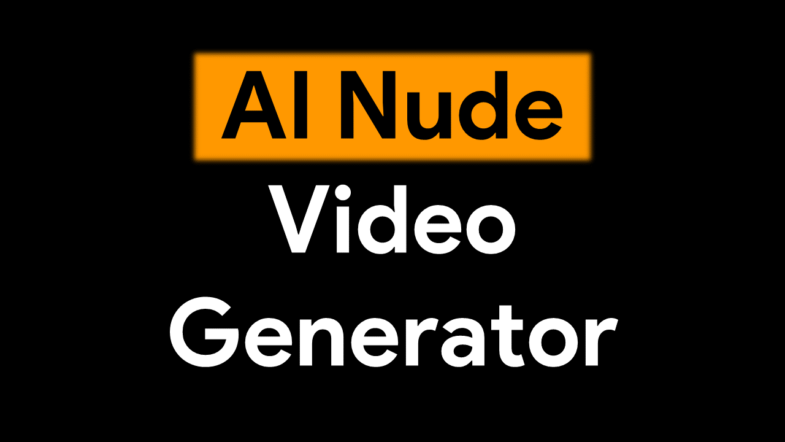Artificial Intelligence (AI) has rapidly advanced in various fields, ai nude generator from healthcare to entertainment. Among its capabilities is the ability to generate or manipulate images and content, raising important ethical questions, especially in sensitive areas like nudity.
The Technological Landscape
AI-driven tools have become increasingly sophisticated, capable of creating highly realistic images and videos. Generative models, such as Generative Adversarial Networks (GANs) and diffusion models, can produce content that closely mimics real-world visuals. These technologies can be used for beneficial purposes, such as art, education, and virtual reality. However, they also have potential for misuse, particularly in creating non-consensual or unethical content.
Ethical Concerns and Privacy Issues
One of the most pressing concerns is the creation of AI-generated nudity without consent. This includes deepfakes or other forms of digital manipulation that can harm individuals by violating their privacy and dignity. Such misuse can have severe consequences, including reputational damage, emotional distress, and legal repercussions.
- Consent and Agency: A fundamental ethical issue is the lack of consent. Individuals have the right to control how their likeness is used. AI-generated images that involve nudity without explicit consent violate personal agency and privacy.
- Impact on Victims: The psychological and emotional toll on those whose images are used without permission can be profound. It can lead to issues such as anxiety, depression, and a loss of trust in digital platforms.
- Legal and Regulatory Challenges: Laws and regulations around digital privacy and consent are still evolving. Many jurisdictions are working to address these issues, but legal frameworks often lag behind technological advancements. This creates a gap that can be exploited by those with malicious intent.
The Role of Technology Providers
Tech companies and AI developers have a crucial role in addressing these issues. They can implement measures to prevent the misuse of their technologies, such as:
- Content Moderation: Implementing robust systems to detect and block harmful content.
- Ethical Guidelines: Developing and adhering to ethical guidelines for the responsible use of AI.
- User Education: Educating users about the potential risks and ethical considerations associated with AI-generated content.
Promoting Ethical AI Use
Promoting responsible use of AI involves several key strategies:
- Transparency: Ensuring that AI systems and their capabilities are transparent to users helps in understanding the potential risks and ethical considerations involved.
- Accountability: Holding individuals and organizations accountable for the misuse of AI technologies.
- Advocacy and Awareness: Raising awareness about the ethical issues related to AI-generated content can help in fostering a culture of respect and consent.
Conclusion
AI technology offers tremendous potential but also brings significant ethical challenges, especially concerning privacy and consent. As we continue to advance technologically, it is crucial to remain vigilant and proactive in addressing these issues. By fostering a culture of responsibility and respect, we can harness the benefits of AI while mitigating its risks.

